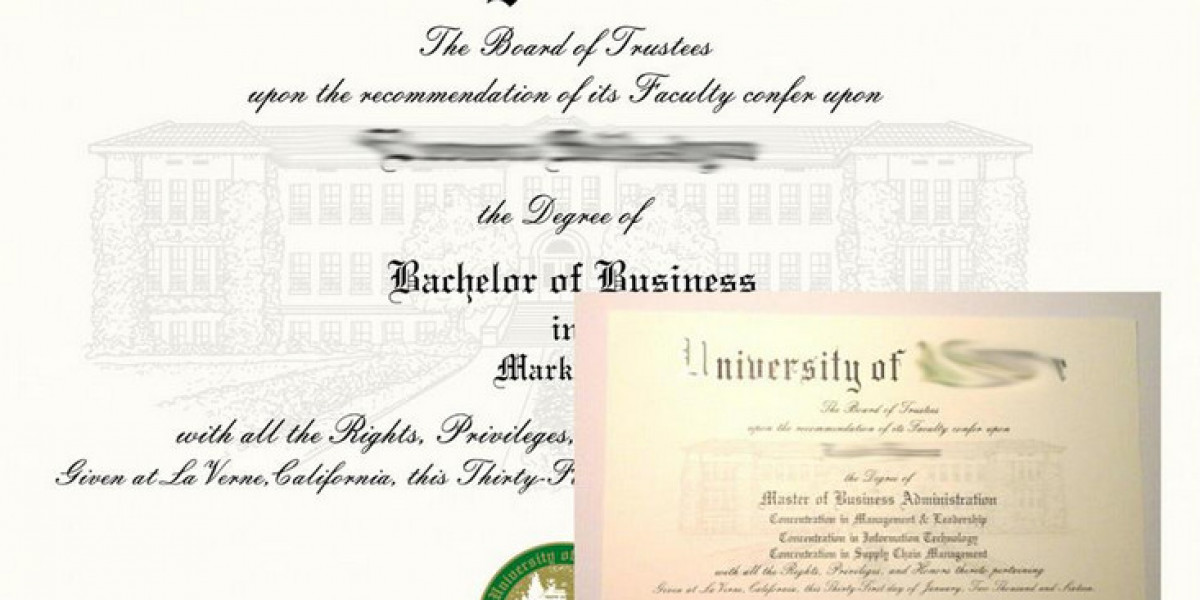Websites like Phony Diploma have capitalized on this demand by providing realistic-looking diplomas and degrees from a variety of universities and colleges worldwide. These services cater to individuals who, for various reasons, may not have completed a traditional academic program but still want to showcase a degree on their resume. Whether it's due to financial constraints, time limitations, or simply a desire to avoid the rigorous demands of higher education, fake diplomas offer a shortcut to perceived success.
The appeal of purchasing a fake bachelors degree or college diploma lies in its ability to level the playing field. In a society where educational qualifications often dictate career prospects, possessing a degree, even if it's not legitimate, can open doors that might otherwise remain closed. For many, it's seen as a strategic investment in their future earnings potential and professional opportunities.
One of the key selling points of websites like Phony Diploma is their attention to detail. These services promise diplomas that are indistinguishable from the real thing, featuring authentic-looking seals, signatures, and paper quality. They offer a range of customization options, allowing customers to specify the name of the institution, degree earned, and even graduation dates. This customization adds to the illusion of authenticity, making it difficult for anyone to spot the difference without close inspection.
Moreover, the process of acquiring a fake diploma is relatively straightforward. Customers can browse through a catalog of available degrees, select the one that best fits their needs, and place an order online. Some services even offer rush delivery options, ensuring that customers receive their diplomas quickly. This convenience appeals to individuals who need to update their credentials in a short amount of time or who want to surprise loved ones with a thoughtful gift.
While the ethical implications of using fake diplomas are hotly debated, proponents argue that they fill a niche for individuals who possess skills and experience but lack formal recognition. They view fake diplomas as a means of obtaining recognition for their abilities without the burden of student debt or years spent in classrooms. In this light, fake diplomas are seen as a practical solution for those looking to advance their careers or secure better-paying jobs.
Critics, on the other hand, warn of the potential consequences of using fake credentials. Employers who discover that a candidate misrepresented their qualifications may take disciplinary action, including termination of employment. Furthermore, the proliferation of fake diplomas undermines the integrity of legitimate educational institutions and diminishes the value of genuine academic achievements.
Despite these concerns, the market for fake bachelor's degrees and college diplomas continues to thrive. As long as there is demand for alternative pathways to career success, websites like Phony Diploma will continue to cater to a diverse clientele seeking to enhance their professional profiles. For some, the decision to purchase a fake diploma is a calculated risk worth taking, offering a chance to compete in a competitive job market where credentials often overshadow experience and skills.
Conclusion
While the debate over fake diplomas remains contentious, their popularity underscores a broader shift in how credentials are perceived and valued. As technology advances and attitudes towards education evolve, the demand for alternative forms of accreditation may continue to grow. Whether viewed as a pragmatic solution or an ethical dilemma, fake bachelor's degrees and college diplomas are undeniably shaping the landscape of modern education and employment. For better or worse, they represent a choice that individuals make in pursuit of their professional aspirations.








